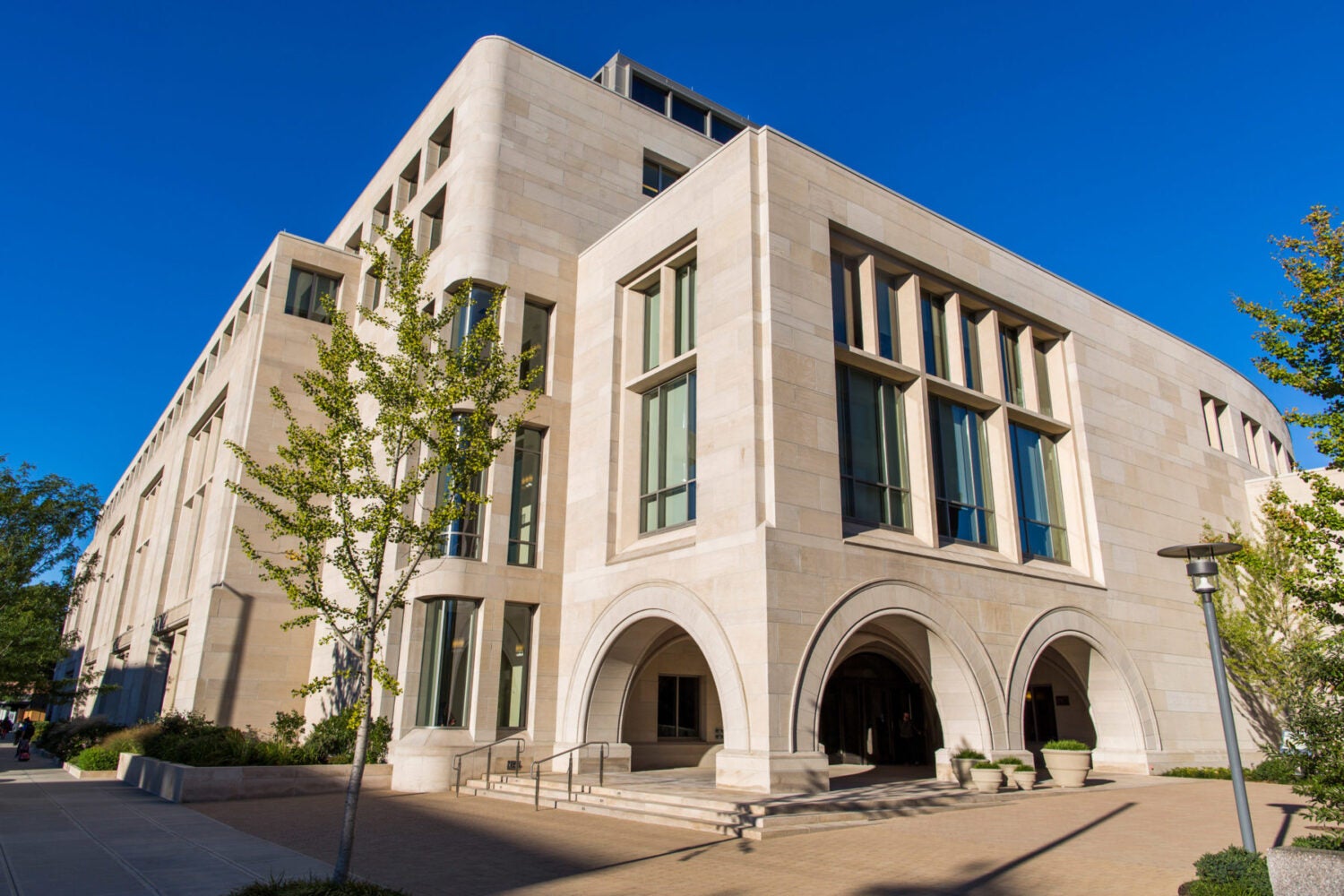Harvard Law School today announced the launch of the Opportunity Fund, a new financial aid initiative that will enable some of our J.D. students with the highest financial need to attend tuition-free for all three years.
“Harvard Law School has long worked to make legal education more accessible and to enable our students to pursue the career paths that are most meaningful to them, whether that’s in the public or private sector,” said Harvard Law Dean John F. Manning ’85. “Opportunity Fund scholarships for our students with the highest levels of need will continue to advance that commitment. We are grateful to our generous alumni and friends whose support enables us to launch this important new program.”
The new program will expand the school’s robust financial aid program even further, enabling its highest need students to receive additional support and for some to attend tuition-free. Harvard Law’s Student Financial Services Office will determine program eligibility based on a comprehensive review of a student’s circumstances including factors such as the family’s income and their assets, and the student’s income and assets. Though this approach seeks to identify students from the least advantaged socioeconomic backgrounds by looking beyond merely family taxable income, it is expected that many who qualify will come from families who have income at or below two times the federal poverty line. The new financial aid initiative will begin with the current incoming J.D. class, the Class of 2027.
This program, which is expected to continue to grow, builds on Harvard Law School’s already strong, and recently enhanced, need-based financial aid and student and graduate grant programs. Recent initiatives include:
- Increasing spending on financial aid grants by 50% over the past decade
- Enhancing the participant contribution scale of the Low Income Protection Plan by 45% over two years
- Increasing Summer Public Interest Funding stipends, making it the most generous program of its kind at any law school in the country
- Launching a new Public Service Loan Forgiveness program last year
Increasing access for first-generation college students and those with limited resources
Making legal education more financially accessible is just one way Harvard Law School is working to support talented individuals entering the profession. Harvard Law School’s pre-law programs expand opportunities for students from groups that are underrepresented in the legal profession and help them become competitive applicants to, and students at, the nation’s leading law schools. Over the past several years, Harvard Law has worked to bring greater socioeconomic diversity to the legal profession through the following programs and partnerships:
- Future Leaders in Law, in partnership with Paul, Weiss, is a yearlong law school preparation program that brings interested college students and recent graduates, primarily from first-generation and less advantaged socioeconomic backgrounds, together in a hybrid setting that includes: a weeklong in-person residency at Harvard Law School, law school application preparation services, mentorship and networking opportunities, exposure to professional settings in law, and academic and professional skills-building elements.
- TRIALS, in partnership with NYU Law School and the Advantage Testing Foundation, supports first-generation and less advantaged students in gaining admission to leading law schools through LSAT preparation, skill development, and exposure to the legal world.
- Future-L, a collaboration between Harvard Law School and the National Education Equity Lab, offers high school and rising college students from Title I high schools an introduction to the US legal system.
- Leadership Enterprise for a Diverse America Legal (LEDA Legal), a national program with Harvard Law School serving as one of the founding law school partners, aims to help high-achieving participants explore legal careers, navigate the application process, and ultimately gain admission to law schools across the nation.
Want to stay up to date with Harvard Law Today? Sign up for our weekly newsletter.
